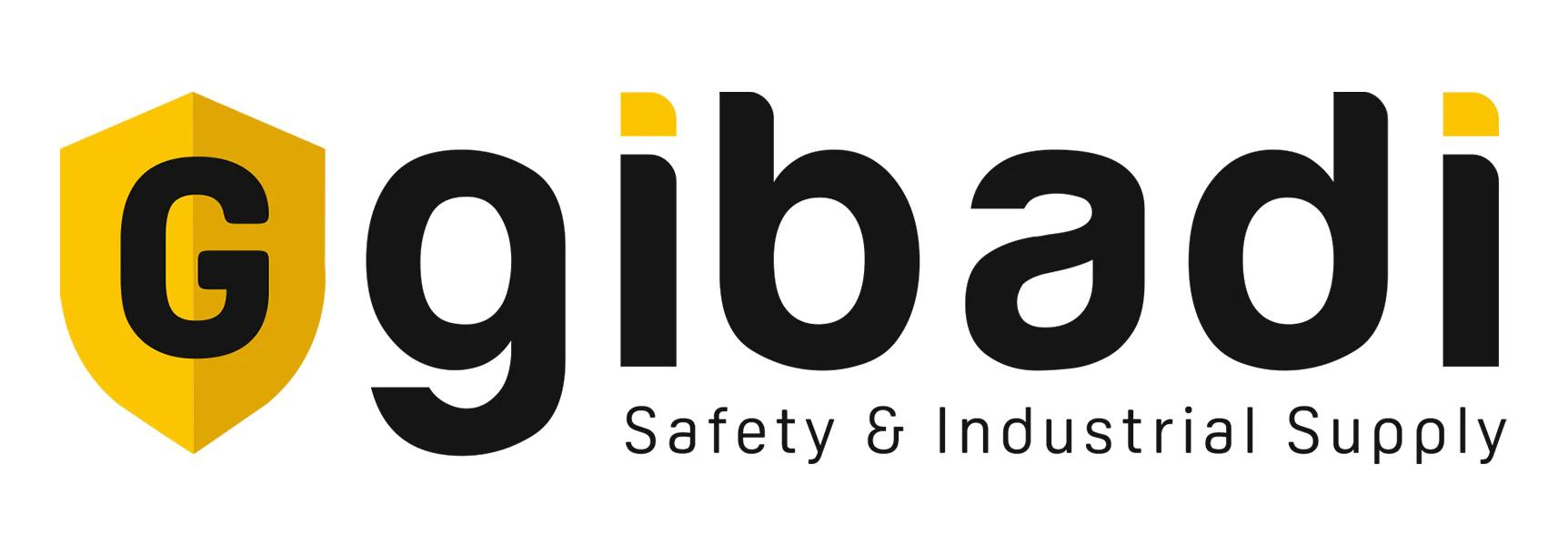Wired or Wireless Power Tools: Which Should I Go For?
If you are looking for power tools, you might be wondering whether to choose wired or wireless ones. Both types have their pros and cons, and depending on your needs and preferences, one might suit you better than the other. In this blog post, we will compare wired and wireless power tools and help you decide which one to go for.
Wired Power Tools
Wired power tools are those that need to be plugged into an electrical outlet or a generator to operate. They are also known as corded power tools. Some examples of wired power tools are circular saws, drills, sanders, grinders, and routers.
Pros of Wired Power Tools
- Maximum power: Wired power tools typically have higher torque and speed than wireless ones. This means that they can drill or cut through harder and thicker materials with ease. They can also accommodate larger attachments, such as drill bits or saw blades, for more versatility.
- Unlimited operation: Wired power tools can run for as long as you have a power source. You don’t have to worry about running out of battery or losing performance over time. This is especially useful for long and demanding projects that require continuous work.
- Low maintenance: Wired power tools are generally more durable and reliable than wireless ones. You don’t have to replace or recharge batteries, which can save you money and time in the long run. You also don’t have to worry about battery degradation or disposal.
Cons of Wired Power Tools
- Limited movement: Wired power tools restrict your mobility and flexibility. You have to stay within the range of your power cord, which can limit your working area and pose a tripping hazard. You also have to deal with tangled cords and extension cords, which can be annoying and inconvenient.
- Difficult storage: Wired power tools are usually heavier and bulkier than wireless ones. You have to wrap up their cords each time you store them, which can take up more space and time. You also have to protect them from moisture and dust, which can damage the cords or the motors.
- Hazardous cord: Wired power tools pose a risk of electric shock or fire if the cord is damaged or exposed to water. You also have to be careful not to cut or damage the cord while working, which can ruin your tool or cause injury.
Wireless Power Tools
Wireless power tools are those that operate on batteries instead of cords. They are also known as cordless power tools. Some examples of wireless power tools are drills, impact drivers, saws, nailers, and blowers.
Pros of Wireless Power Tools
- Zero cords: Wireless power tools offer you freedom and convenience. You can work wherever you want without being tied to a power outlet or a generator. You also don’t have to deal with cords that can get in your way or cause accidents. This is especially beneficial for working in tight spaces or remote locations.
- Easy storage: Wireless power tools are usually lighter and more compact than wired ones. You can easily store them in a toolbox, a bag, or a shelf without taking up much space or time. You also don’t have to worry about protecting them from moisture or dust as much as wired ones.
- Safe operation: Wireless power tools eliminate the risk of electric shock or fire from cords. You also don’t have to worry about cutting or damaging the cord while working, which can save your tool and your skin.
Cons of Wireless Power Tools
- Less power: Wireless power tools generally have lower torque and speed than wired ones. This means that they might struggle with drilling or cutting through harder and thicker materials. They might also not be able to handle larger attachments, such as drill bits or saw blades, for some applications.
- Limited operation: Wireless power tools depend on batteries for their operation. This means that you have to recharge them regularly, which can interrupt your work flow and productivity. You also have to keep an eye on the battery level, which can affect the performance and efficiency of your tool over time.
- High maintenance: Wireless power tools require more maintenance than wired ones. You have to replace or recharge batteries frequently, which can cost you money and time in the long run. You also have to deal with battery degradation or disposal, which can harm the environment and your tool’s lifespan.
Conclusion
Wired and wireless power tools both have their advantages and disadvantages. The best choice for you depends on your needs and preferences. If you value power, reliability, and unlimited operation, you might prefer wired power tools. If you value mobility, convenience, and safety, you might prefer wireless power tools.
At Gibadi.com, we offer a wide range of both wired and wireless power tools from leading brands such as Bosch, Milwaukee, and more. Whether you need a drill, a saw, a nailer, or any other tool for your home or work project, we have it all at affordable prices and with fast delivery. Shop with us today and get the best power tools for your needs!














